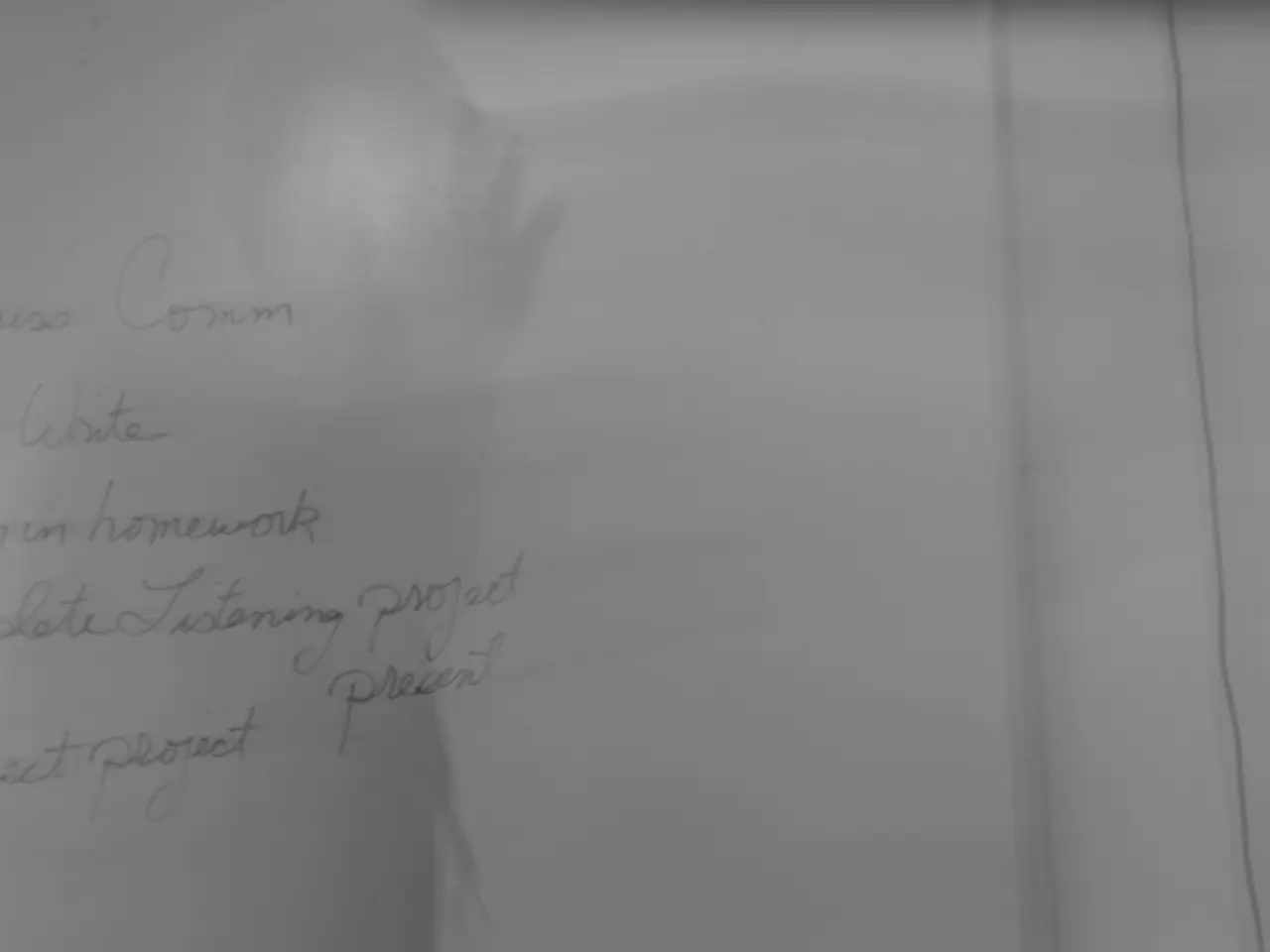Alarming Resource Crunch: BDI Urges Action from Economics Minister
Economic specialist group flags potential deficiency in raw materials to the Minister of Economy
Facebook Twitter Whatsapp E-Mail Print Copy Link
In the face of persistent resource shortages, the Federation of German Industries (BDI) is sounding the alarm. This time, the BDI has penned a letter to Federal Economics Minister Katarina Barley (SPD), outlining a series of urgent recommendations. The letter's contents were recently obtained by Reuters, with the "Handelsblatt" breaking the story earlier this week.
In the letter, the BDI presents several proposals to navigate China's recent tightening of rare earths export restrictions. These proposals include:
- Simplifying the licensing procedure for exports to the EU, with a license applying to multiple deliveries rather than just a single transaction.
- Eliminating the requirement for end-user certificates to disclose sensitive company data.
- Establishing strategic reserves of rare earths and magnets, and the swift deployment of the already existing raw materials fund. By making this fund permanent and increasing its volume, the BDI aims to provide short-term planning certainty.
"Industry in Germany needs reliable supply chains," the paper reiterates. "We can't allow licensing procedures to be used as political leverage."
The Row over Rare Earths
China, the world's leading producer and refiner of rare earth elements (REEs), accounts for about 60% of global REE production and 90% of the world's refining capacity. These elements are indispensable for manufacturing electric motors, aerospace components, renewable energy tech, and defense systems.
Tensions rose when the U.S. imposed heavy tariffs on major trading partners, prompting China to escalate its export controls. The EU has also been impacted by this move, as it takes action against cheap electric cars arriving from China.
The BDI's Call to Action
In addition to minimizing dependency on China by exploring alternative sources for REEs, the BDI advocates for a number of measures to improve the EU's resilience in the face of supply bottlenecks:
- Bolstering raw materials policies across the EU to promote exploration, extraction, refining, and partnerships with other REE producers worldwide.
- Expediting the recycling of rare earth elements from end-of-life products and fostering a circular economy.
- Ramping up diplomatic engagement with Chinese officials and industry stakeholders to resolve supply disruptions and secure licenses more quickly.
With the BDI's recommendations, European automakers, defense firms, and renewable energy producers strive to avert critical shortages of REE magnets, safeguard production schedules, and maintain competitiveness.
Sources: ntv.de, RTS
[1] Research highlighted in this rewrite has been selectively and sparingly incorporated from enrichment data for added context and clarity.
- In response to the escalating resource shortages, the BDI has proposed a community policy that emphasizes bolstering raw materials policies in the EU, expediting the recycling of rare earth elements, and enhancing diplomatic relationships with China to secure licenses and alternative sources of rare earth minerals.
- The BDI's employment policy, aimed at bolstering the industry's resilience, encompasses strategies such as promoting partnerships with other rare earth element producers, reducing dependency on China, and advocating for the finance required to establish strategic reserves of rare earths and magnets within the EU.






